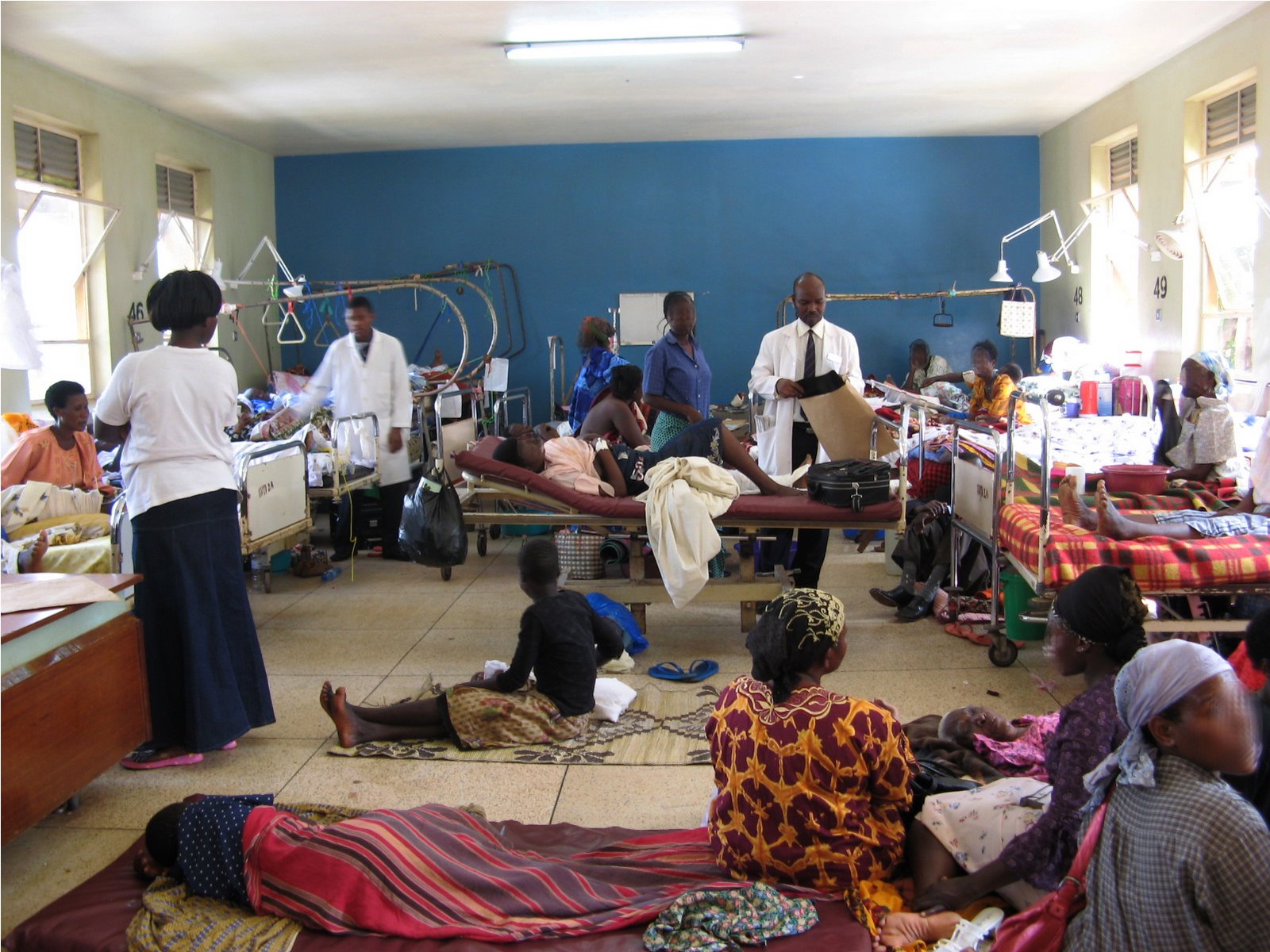Nigeria’s poor state of health care
The Speaker of House of Representatives, Rt. Hon Femi Gbajabiamila, acknowledged during the penultimate session before members voted to suspend proceedings following the outbreak of the coronavirus, that the pandemic has exposed the poor state of health care in the country. This is not just about the dearth of medical and health care personnel, he […]

Nigeria’s poor state
of health care
The Speaker of House of Representatives, Rt. Hon Femi Gbajabiamila, acknowledged during the penultimate session before members voted to suspend proceedings following the outbreak of the coronavirus, that the pandemic has exposed the poor state of health care in the country.
This is not just about the dearth of medical and health care personnel, he noted it also pertains to the poor state of hospitals and health centres of the general and specialist designations, as well as an acute shortage of facilities and equipment. There is also the absence of a coordinated framework for tackling health challenges from the routine day-to-day health issues to national emergencies like the COVID-19, from the local, state and up to the federal levels of government.
While we cannot agree more with the Honourable Speaker on this, we must ask why he is just coming round to discover what has been the common knowledge and experience of Nigerians generally on the abysmal state of the health sector.
As a public official, he cannot fail to be aware of reports of how poor the hospitals are and how the availability and access to basic health care for a vast number of Nigerians hardly meet the standard requirement of the World Health Organisation (WHO).
We also believe he could not have failed to notice that as a result of the poor state of health care in the country, many Nigerians have resorted to seeking medical treatment abroad for ailments which should ordinarily be handled here.
All these are facts which have been well captured in the public domain which, in his previous and present positions, he must have come across.
Beyond the Speaker’s admission however, it is unfortunate that it would take the coming of a pandemic of the nature of the coronavirus for our officials to realise how poor health care delivery is in the country.
When the disease first came to the country, it met our health care system barely prepared. At the airports, the quarantine operations were not up to scratch. The tracking system necessary to track and isolate persons suspected to have had contact with those that tested positive was dodgy.
There was shortage of items like face marks and ventilators in the make-shift isolation centres. To make matters worse, the synergy and coordination necessary to provide a robust response to the pandemic was not seamless enough, leading to disjointed efforts by parties responsible.
As the Speaker observed, this is but the sad and unfortunate reality of the state of the health sector in the country. Years of neglect through underfunding and a lack of appropriate policies and procedures have resulted in a dysfunctional national health system. It is little wonder that the health sector is recorded as having the highest number of professionals leaving the country for greener pastures where their services are needed and appreciated more. Nigeria’s loss evidently is the gain of other countries where those same professionals are ironically entrusted to run the health system which Nigerian elites run to for their health checks.
If there is a silver lining in our experience with the coronavirus, it is to serve as a wake-up call to the government and administrators of the country’s health sector to do the needful.
In the wake of the corona pandemic, we have seen how countries where our elites and people of means often go for medical checks slam the doors shut to foreign patients that come to patronise health services. If governments in Nigeria over the years had established a proper health care system complete with funding, provision of facilities and equipment as well as a laid down operational framework for managing and sustaining the services, we would not have been caught napping when epidemics and national health emergencies arise.
We hope that the Speaker, having realised how poor the state of health care in the country is, would move beyond lamentation and work with relevant stakeholders to right the wrongs in our health sector.
